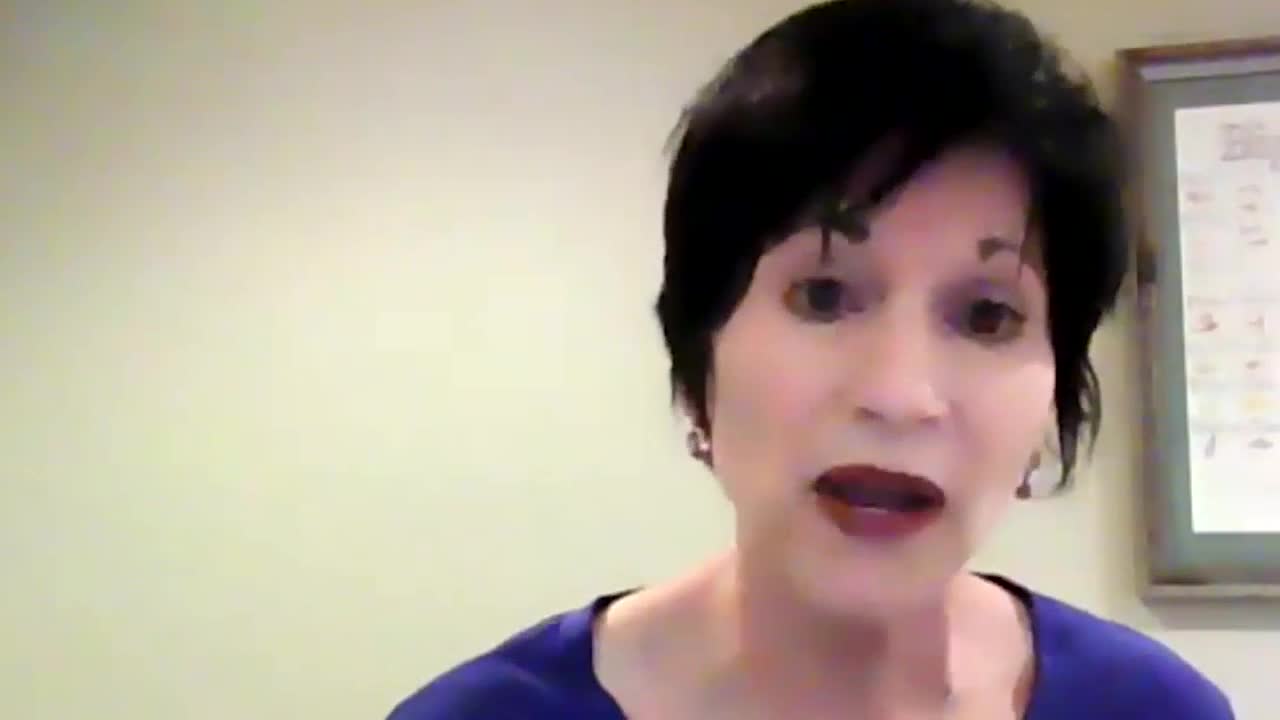HELENA — Melanie Williams is part of the 'sandwich generation'. It’s a term that is commonly referred to people who are taking care of their children, and their aging parents.
Williams advises when it comes to seniors and those suffering from dementia, it's best for caregivers to not correct their loved ones.
"They (the Alzheimer's Association) say if somebody doesn’t remember that their spouse died, don’t keep bringing it up. Just say, 'oh, you know, I think they stepped out to go to the grocery store. They should be back', because generally, the person will Alzheimer's or Dementia will have moved on any way,” Williams says.
When it comes to care giving, it's not only person that is being cared for, but the caregiver themselves who need to check in on their mental health.
Lynn Mullowney Cabera, who is the Executive Director of Montana's Alzheimer Association, encourages caregivers to practice self-love and self-care. If they don’t, she says there could be negative side effects.
"We call it the epicenter of this disease. Two-thirds of people with Alzheimer's are women, and predominantly, women are the caregivers. That’s the wives, the adult daughters, the daughters-in-law, and not to leave men out of the equation, but probably about seventy-five percent of the direct impact is felt by women,” Cabera says.
Part of having self-care is having a support system for help. Due the pandemic, many of the resources were canceled that were held in-person. However, many are still in accessible by phone or web.
”24-7 help, and it's staffed night and day by care specialists and by licensed social workers,” said Cabera.
There are also resources on the Alzheimer's Association website, including Zoom-like meetings to also offer support to caregivers that would otherwise not be available in Montana.
Cabera says that the most important step is for caregivers to not forget to also take care of themselves, and ask for help if they need it.
“Over half of caregivers have early mortality. These are real numbers, and I think, in like, 20 percent of the cases the person providing the care will predecease the person for whom they are caring,” Cabera said.
Cabera added, "You can’t pour from an empty cup, and we know that caregiving is exhausting. It's physically exhausting, it's emotionally exhausting.”
For more information, contact the Montana Alzheimer's Association.
The Alzheimer’s Association 24/7 Helpline (1.800.272.3900) is available around the clock, 365 days a year. Through this free service, specialists and master’s-level clinicians offer confidential support and information to people living with dementia, caregivers, families and the public.
Tips for Dementia Caregivers are available here.




